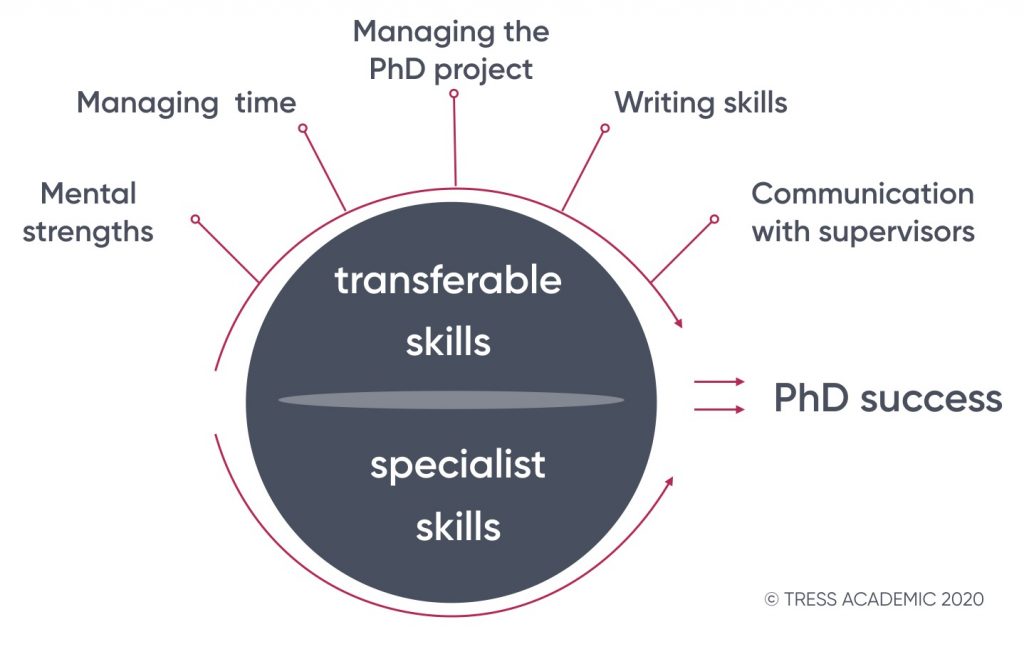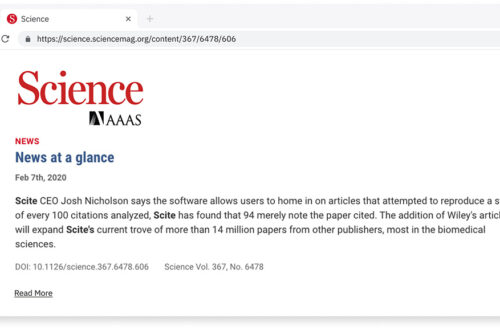Time Investment in Pursuing a PhD
Time commitment required for a Ph.D. program
Embarking on a Ph.D. journey demands a significant time commitment as one delves deep into research, coursework, and dissertation writing. Doctoral candidates typically dedicate several years to their studies, with full-time programs lasting around 3 to 7 years. Part-time options can extend the duration even further, often requiring 7 to 10 years to complete. The intense nature of Ph.D. programs necessitates consistent effort and focus to meet academic requirements and research milestones effectively.
Effects of prolonged academic study on personal life
The prolonged duration of a Ph.D. program can impact various aspects of a candidate’s personal life. Balancing academic pursuits with personal commitments, relationships, and social activities becomes challenging. Sleep deprivation, increased stress levels, and limited leisure time are common experiences for Ph.D. students. It’s essential for individuals undertaking this academic journey to prioritize self-care, maintain a healthy work-life balance, and seek support when needed to navigate the demands of doctoral studies successfully.
Financial Costs of Obtaining a Ph.D.
Tuition fees and possible debt accumulation
Undertaking a Ph.D. program involves significant financial considerations. Candidates often face substantial tuition fees, potentially leading to the accumulation of debt. Managing finances efficiently and exploring funding opportunities are crucial steps to alleviate the burden of expenses associated with doctoral studies.
Potential loss of income during Ph.D. studies
During the pursuit of a Ph.D., individuals may experience a potential loss of income, especially if they are unable to work full-time. Balancing financial responsibilities with academic commitments requires careful planning to mitigate the impact of reduced income. Seeking additional financial support or part-time work can help alleviate this challenge.

Job Market Challenges for PhD Holders
Oversaturation of Ph.D. graduates in certain fields
Navigating the job market as a Ph.D. holder can present challenges due to oversaturation in specific fields. The abundance of qualified candidates can make it competitive to secure desired positions. Individuals pursuing doctoral studies should actively seek ways to distinguish themselves and enhance their skills to stand out amidst the competition.
Mismatch between academic qualifications and job opportunities
Another challenge faced by Ph.D. holders is the potential mismatch between their academic qualifications and available job opportunities. It is essential for individuals to explore diverse career paths and develop versatile skills to adapt to the evolving job market landscape. Proactively researching and networking within their industry can help Ph.D. holders identify and capitalize on suitable job opportunities.
Mental Health Struggles Among PhD Candidates
High levels of stress and pressure during research
Ph.D. candidates often face significant stress and pressure during their research journey. The demanding nature of academic work, coupled with the pressure to produce high-quality research, can take a toll on their mental well-being. It is crucial for candidates to prioritize self-care, seek support from peers and mentors, and implement stress management techniques to maintain a healthy balance.
Isolation and lack of work-life balance
Another common struggle among Ph.D. candidates is the sense of isolation and the challenge of maintaining a healthy work-life balance. Spending long hours in research labs or libraries can lead to feelings of loneliness and detachment from social circles. Candidates should actively work towards establishing boundaries, engaging in social activities, and seeking professional help if needed to address these issues effectively.

Limited Career Flexibility Post-PhD
Narrowing down of career options
Post-PhD, candidates may find their career options narrowing down due to the specialization and depth of knowledge acquired during their research. This intense focus on a specific field can sometimes limit opportunities outside academia, making it crucial for candidates to explore various career paths early on to broaden their options.
Difficulty transitioning to non-academic roles
Transitioning from an academic environment to non-academic roles can pose challenges for Ph.D. candidates. The skills and expertise gained during research may not always directly translate into non-academic settings, requiring candidates to adapt and develop new skills to successfully navigate diverse career landscapes. Support from career counselors and networking with professionals from different industries can help candidates make a smooth transition.






